Above: The Ascension, Pietro Perugino, 1495–1498
This article first appeared at StPaulCenter.com
In today’s First Reading from the Acts of the Apostles, St. Luke gives the surprising news that there is more of the story to be told. The story did not end with the empty tomb, or with Jesus’ appearances to the Apostles over the course of forty days. Jesus’ saving work will have a liturgical consummation. He is the great high priest, and He has still to ascend to the heavenly Jerusalem, there to celebrate the feast in the true Holy of Holies.
The truth of this feast shines forth from the Letter to the Hebrews, where we read of the great high priest’s passing through the heavens, the sinless intercessor’s sacrifice on our behalf (see Hebrews 4:14–15).
Indeed, His intercession will lead to the Holy Spirit’s descent in fire upon the Church. Luke spells out that promise in the First Reading for the feast of the Ascension: “in a few days you will be baptized with the Holy Spirit” (Acts 1:5). The Ascension is the preliminary feast that directs the Church’s attention forward to Pentecost. On that day, salvation will be complete; for salvation is not simply expiation for sins (that would be wonder enough), but it is something even greater than that. Expiation is itself a necessary precondition of our adoption as God’s children. To live that divine life we must receive the Holy Spirit. To receive the Holy Spirit we must be purified through Baptism.
The Responsorial Psalm presents the Ascension in terms familiar from the worship of the Jerusalem Temple in the days of King Solomon: “God mounts his throne to shouts of joy: a blare of trumpets for the Lord” (Psalm 47). The priest-king takes his place at the head of the people, ruling over the nations, establishing peace.
The Epistle strikes a distinctively Paschal note. In the early Church, as today, Easter was the normal time for the baptism of adult converts. The sacrament was often called “illumination” or “enlightenment” because of the light that came with God’s saving grace (see, for example, Hebrews 10:32). Saint Paul, in his Letter to the Ephesians, speaks in terms of glory that leads to greater glories still, as Ascension leads to Pentecost: “May the eyes of your hearts be enlightened,” he writes, as he looks to the divinization of the believers. Their “hope” is “his inheritance among the holy ones,” the saints who have been adopted into God’s family and now rule with Him at the Father’s right hand.
This is the “good news” the Apostles are commissioned to spread—to the whole world, to all nations, beginning from Jerusalem—at the Ascension. It’s the good news we must spread today.
Hope to Die: The Christian Meaning of Death and the Resurrection of the Body – Dr Scott Hahn – Emmaus Road Publishing (Paperback)
As Catholics, we believe in the resurrection of the body. We profess it in our creed. We’re taught that to bury and pray for the dead are corporal and spiritual works of mercy. We honor the dead in our Liturgy through the Rite of Christian burial. We do all of this, and more, because when Jesus Christ took on flesh for the salvation of our souls he also bestowed great dignity on our bodies. In Hope to Die: The Christian Meaning of Death and the Resurrection of the Body, Scott Hahn explores the significance of death and burial from a Catholic perspective. The promise of the bodily resurrection brings into focus the need for the dignified care of our bodies at the hour of death. Unpacking both Scripture and Catholic teaching, Hope to Die reminds us that we are destined for glorification on the last day.
It is Right & Just:Why the Future of Civilization Depends on True Religion
– Dr Scott Hahn & Brandon McGinley
Is religion a right given to us by the state? Is it an opium for the masses? Is it private opinion with no role in the public sphere? In It Is Right and Just, best-selling author Scott Hahn and Brandon McGinley challenge our idea of religion and its role in society. Hahn and McGinley argue that to answer questions over religious liberty, justice, and peace, we must first reject the insidious lie perpetuated by secular-liberal culture: that religion is a private matter. Contrary to what political commentators and activists say, religion is not only relevant to justice and law, but is necessary for civilization to thrive. Recover the public nature of true religion, It Is Right and Just argues, and watch as a revolution unfolds.






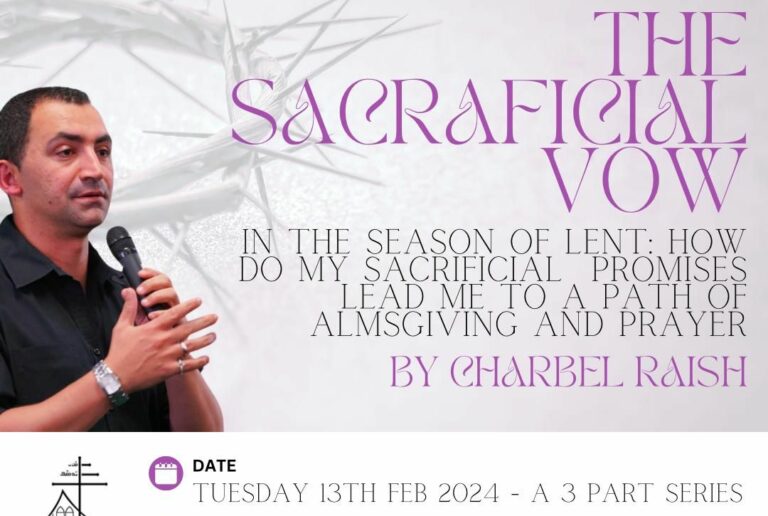
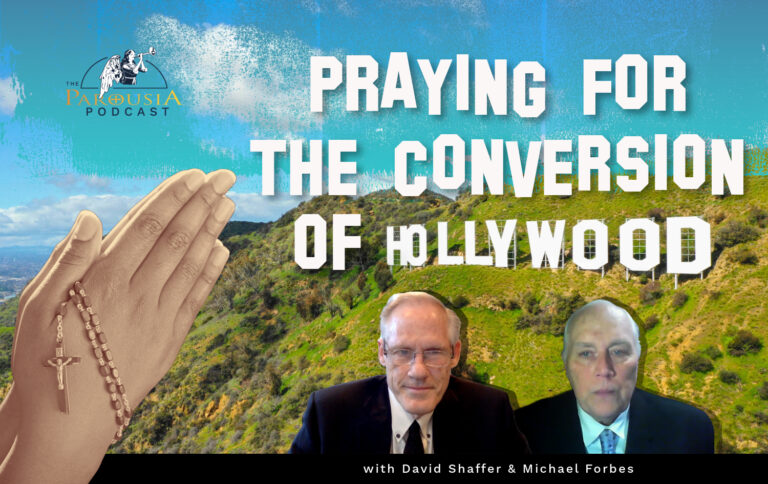

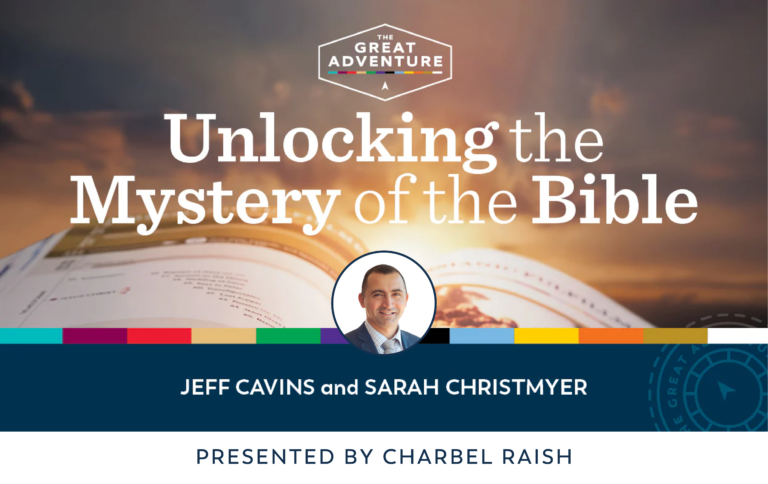
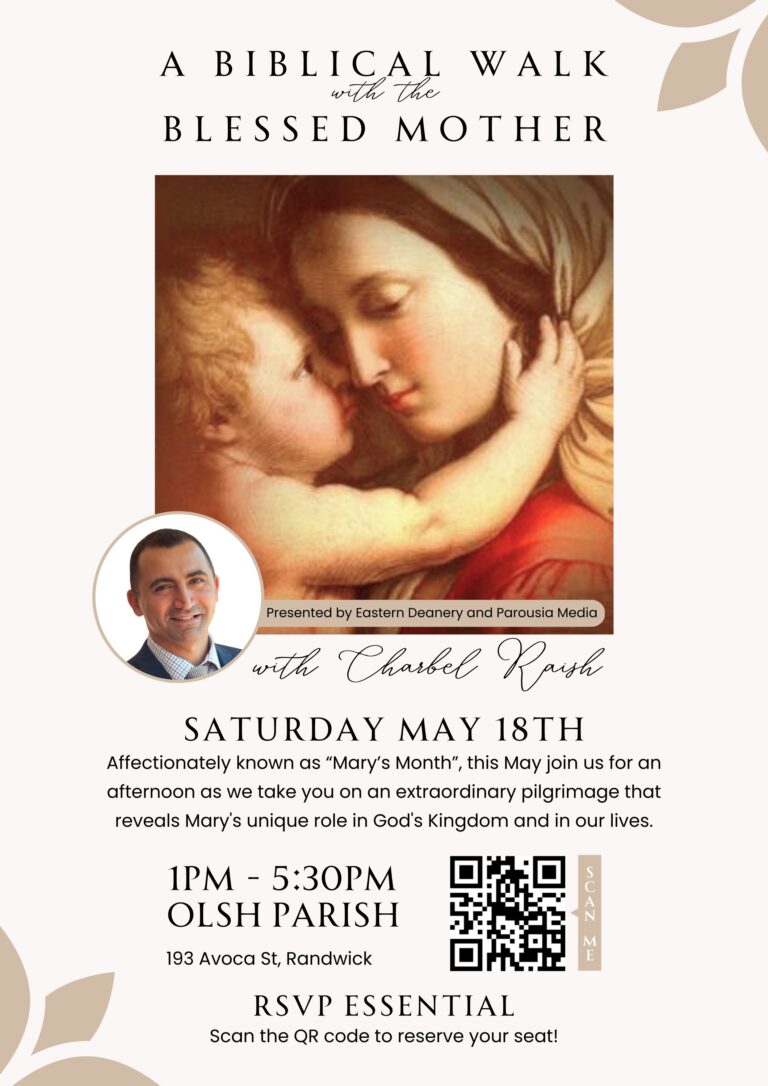
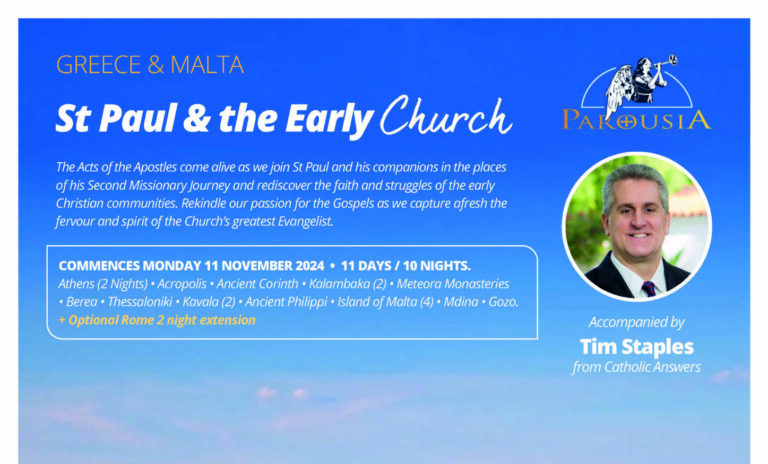
Recent Comments